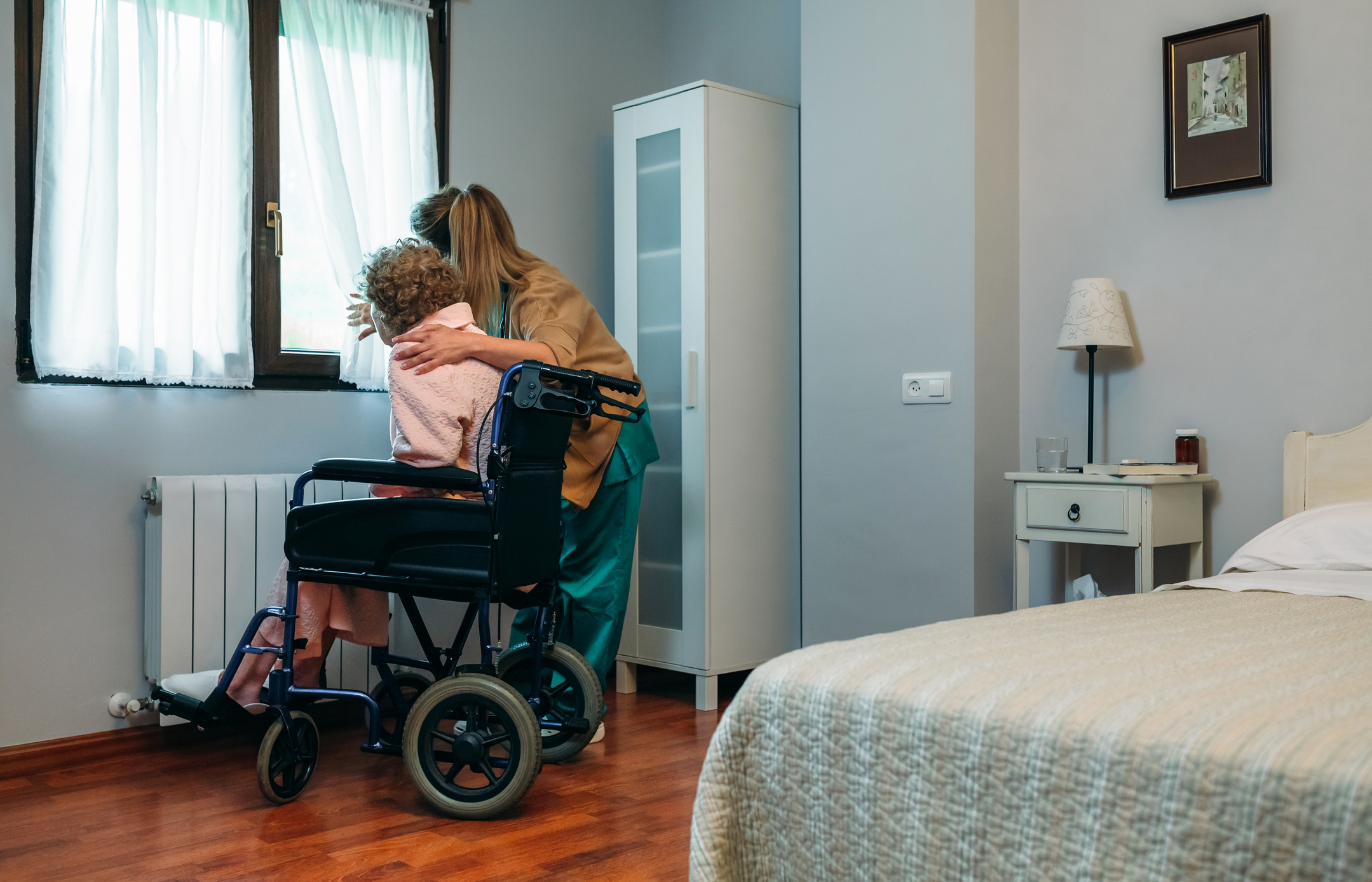Understanding Hospice Care
Hospice care is a specialized type of care that focuses on providing comfort and support to individuals who are nearing the end of their lives. It is designed to help patients maintain their dignity and quality of life during this challenging time. Hospice care can be provided in various settings, including the patient's home, a hospice facility, or a hospital.
The primary goal of hospice care is to manage the physical, emotional, and spiritual needs of patients, as well as provide support to their families. It is provided by a team of healthcare professionals, including hospice Nurses, who play a crucial role in ensuring that patients receive the best possible care.
The Importance of End-of-Life Support
End-of-life support is essential for patients and their families as they navigate through the final stages of life. It encompasses a range of services and interventions aimed at providing comfort, pain management, emotional support, and guidance.
Hospice Nurses are trained to address the physical and emotional needs of patients, as well as provide guidance and support to their families. By offering compassionate care and ensuring that patients are comfortable and pain-free, hospice Nurses help individuals and their loved ones find peace and comfort during this challenging time.
The Key Responsibilities of Hospice Nurses
Hospice Nurses have a wide range of responsibilities when it comes to providing care for individuals in the end-of-life stage. These responsibilities include assessing patients' physical and emotional needs, developing and implementing care plans, administering medications, as well as providing education and support to patients and their families.
Additionally, hospice Nurses coordinate care and collaborate with other healthcare professionals to ensure that patients receive comprehensive, holistic care. They act as advocates for patients and their families, helping them navigate the healthcare system and make informed decisions about their care.
Providing Physical Comfort and Pain Management
One of the primary responsibilities of hospice Nurses is to provide physical comfort and pain management to patients. They are trained in various techniques to alleviate pain and discomfort, such as administering pain medications, implementing relaxation techniques, and using therapeutic touch.
Hospice Nurses closely monitor patients' symptoms and adjust their care plans accordingly to ensure they are comfortable and pain-free. They also provide support and education to patients and their families on pain management strategies to help them understand and cope with the physical challenges that may arise during the end-of-life journey.
Emotional and Psychological Support for Patients and Families
In addition to addressing the physical needs of patients, hospice Nurses also provide emotional and psychological support to both patients and their families. They understand the emotional challenges individuals may face during the end-of-life journey and are trained to provide compassionate care and counseling.
Hospice Nurses create a safe and supportive environment where patients and their families can express their fears, concerns, and emotions. They offer a listening ear and provide guidance and resources to help individuals cope with grief, loss, and other emotional challenges. By providing emotional support, hospice Nurses promote overall well-being and quality of life during the end-of-life stage.






